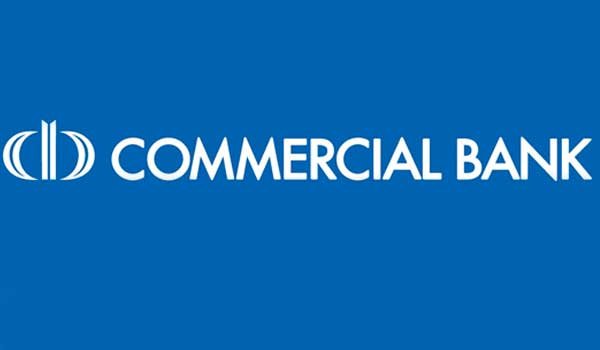Commercial Bank will hold a 55 percent stake in the bank.
Regulators in both countries have approved the move, the bank said, but it was subject to foreign exchange controls in Sri Lanka.
Sri Lanka has had 'foreign exchange shortages' even since a money printing central bank was set up abolishing a currency board that existed up to 1951.
Under a currency board, there is free flow of capital but the monetary authority cannot print money to manipulate interest rates.
Exchange controls were slapped from 1953, and progressively tightened as the money printing led to foreign reserve losses.
Sri Lanka's foreign reserves dropped from 216 million dollars in 1951 to 114.3 million in 1953.
Sri Lanka is under a balance of payments crisis now.
-Economy Next






